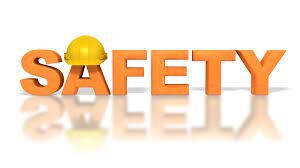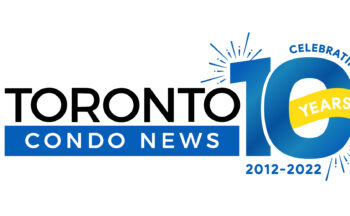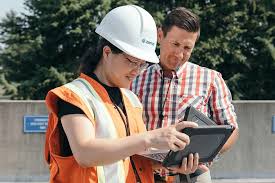 August 2022
August 2022
All high-rise communities deal with periodic emergencies of one type or another. After an emergency has passed, fire or insurance officials may scrutinize corporation documentation to ensure proper measures and systems were in place.
Lack of supporting documentation can lead to fines and lawsuits.
High-rise residential buildings are required to test and inspect its systems in accordance with local laws. Failure to document means compliance cannot be substantiated and exposes the condominium corporation to costs arising from failure to comply. The corporation can be exposed to fines, negligence lawsuits and insurance claims by authorities or those who may have been injured.
When testing or inspecting building systems, documentation should be maintained inclusive of date, time and individual completing each task.
Fire Safety Plans
Fire safety plans should be reviewed every 12 months. Each plan should contain sections detailing emergency procedures for building staff and residents. Residents should receive an updated version of their portion of the plan annually.
Employee Communications
Employees should be informed of preventative and safety measures. Changes in policies and procedures should be clearly communicated. Records should be maintained inclusive of content and date of communication.
Accidents
Slips, trips and falls are the source of most insurance claims. Communities should undertake and document daily checks of walkways, entrances, lobbies, elevators and parking areas along with current weather and ground conditions, and exterior lighting. In the event of an accident or lawsuit these records could show that the corporation is taking reasonable measures.
Cleaning and Covid
Communities may have improved how they clean the building as a response to covid. Should any insurance or loss claim arise pertaining to covid, supporting documentation of these changes may be required. Document changes to cleaning procedures and supplies.
Other Documentation
- Sprinkler and standpipe pumps, utilized by emergency fire crews in the event of a fire, should be tested and documented weekly.
- Check first-aid kits monthly and replenish supplies as needed.
- Elevator and emergency communications testing should be undertaken monthly.
- Defibrillators, also known as AED devices, should be inspected monthly.
- Carbon monoxide detection systems require an annual calibration. Inspect monthly.
- Security camera and recording systems should be checked daily to ensure they are operational. Verify that recorded images, and audio if applicable, are of sufficient quality to be usable.







